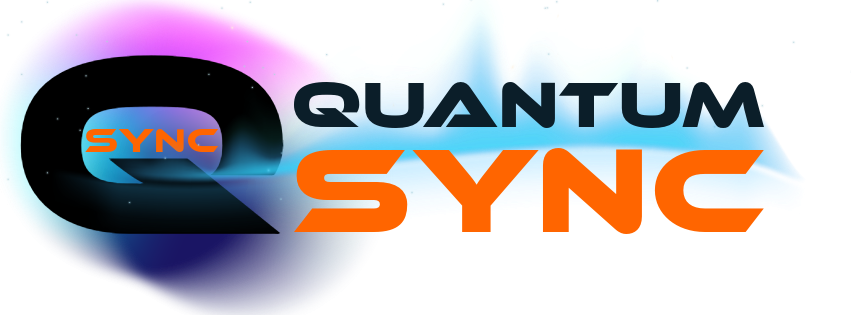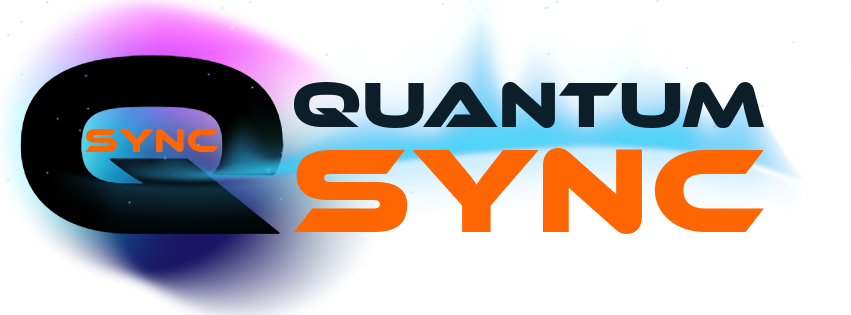Education Insights

Good morning! Today, we delve into the transformative role of Artificial Intelligence in education, highlighting recent developments and their implications for educators and learners alike.
Key Insight
Artificial Intelligence is revolutionizing education by offering personalized learning experiences and streamlining administrative tasks. However, its integration presents both opportunities and challenges that require careful consideration.
Recent Developments
- Trinity College Dublin Embraces AI:
Trinity College Dublin has acknowledged the ubiquity of AI tools in academic work and issued guidelines for their use in essays. Students are permitted to use AI, including tools like ChatGPT, to generate content for their assignments, provided they credit the AI appropriately. The college emphasizes the importance of acknowledging and citing any text or results produced by AI tools to avoid plagiarism. This policy encourages fact-checking AI-generated information and seeking primary sources, while cautioning against over-reliance and inappropriate use. Read more
- California State University's AI Initiative:
The California State University (CSU) system announced a collaboration with major tech companies to become the first AI-powered public university system. This initiative aims to integrate AI into teaching and learning across its campuses. However, professors express concerns about the initiative's vague details, funding priorities amid budget cuts, and potential replacement of faculty. They emphasize the need for clear guidelines and protections to ensure AI benefits students without undermining educational quality. Learn more
- AI Supporting Students with Disabilities:
AI is making strides in assisting students with disabilities. For instance, AI tools are helping students with dyslexia overcome barriers by providing reading and writing assistance, enabling them to keep up with their peers and achieve academic success. Despite concerns about potential over-reliance on AI and ethical issues, educators recognize the significant benefits of AI in leveling the playing field for students with various impairments. Discover more
What This Means for Educators and Learners
- Teachers: AI can streamline administrative tasks, allowing more time for personalized instruction. Adequate training and clear policies are essential to harness AI's potential effectively.
- Students: Access to AI tools can provide tailored learning experiences, especially benefiting those with learning disabilities. Balancing AI assistance with the development of essential skills is crucial.
- Administrators: Implementing AI requires thoughtful consideration of ethical implications, equitable access, and ongoing support for educators and students alike.
Today's Highlighted Statistic
42% of educators found that using AI reduced the time spent on administrative tasks. Source
Join the Conversation

We’d love to hear your thoughts on AI’s expanding role in education. Share your experiences or questions in the comments below, and feel free to pass this update along to colleagues who might find it insightful.
Stay informed with QuantumSync. Tomorrow, we’ll delve into how AI-powered creativity is transforming the classroom experience.
- Creative Multimedia
- Education & Innovation
- Business & Technology
- Sustainability & Ethics
- App & IT Development
- Community & Culture
- Thought Leadership
- Event
- AI & Robotics
- Crafts
- Movie
- Fitness
- Free Pecks
- Games
- Tutorials
- Health
- Music
- Networking
- Other
- Business
- Religion
- Shops
- Sports
- Wellbeing



